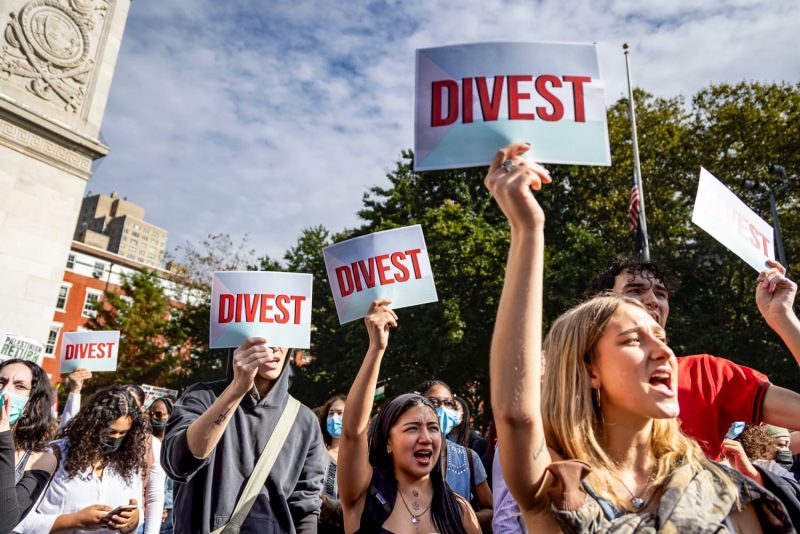In recent years, college campuses across the United States have become increasingly embroiled in activism, with divestment campaigns gaining traction as a prominent form of student protest. One of the most contentious issues at the center of these campaigns is the call to divest from ties to Israel. While divestment movements can take various forms and targets, the campaign to sever financial connections with Israel has sparked intense debate and controversy, both on and off campus.
Understanding what divestment from Israel entails is crucial to grasping the motivations and implications of this movement. At its core, divestment refers to the process of selling off assets, investments, or financial ties to a particular entity, often for ethical or political reasons. In the case of Israel, proponents of divestment argue that the Israeli government’s treatment of Palestinians, human rights abuses, and occupation of Palestinian territories warrant a moral imperative to cut economic support to the state.
Divestment campaigns targeting Israel typically focus on pressuring universities, pension funds, and other institutions to withdraw investments from companies and organizations that are seen as complicit in or supportive of Israeli policies. These campaigns often take the form of petitions, rallies, boycotts, and resolutions passed by student governments or other governing bodies within universities.
Critics of the divestment movement raise a host of concerns, including allegations of anti-Semitism, the perceived singling out of Israel for condemnation, and the potential negative repercussions for academic freedom and dialogue on campus. Some opponents argue that divestment is a one-sided and simplistic approach to a complex geopolitical conflict, and that it unfairly demonizes Israel while ignoring other sources of injustice and conflict in the region.
Despite the controversies and challenges surrounding divestment from Israel, the movement continues to gain momentum on college campuses and in other spheres of civil society. Proponents of divestment see it as a nonviolent and effective means of signaling disapproval of Israeli policies and advocating for justice and human rights for Palestinians. They view divestment as a form of solidarity with the Palestinian people and a way to leverage economic pressure to bring about political change.
As the debate around divestment from Israel rages on, it is clear that this issue raises important questions about the intersection of ethics, politics, and finance in the context of social justice activism. Whether one supports or opposes divestment, it is undeniable that this movement has sparked crucial conversations about accountability, responsibility, and solidarity in the pursuit of a more just and equitable world. Ultimately, the outcome of these divestment campaigns may well shape not only the financial landscape of universities and institutions but also the broader discourse on social justice, human rights, and conflict resolution in the years to come.




























